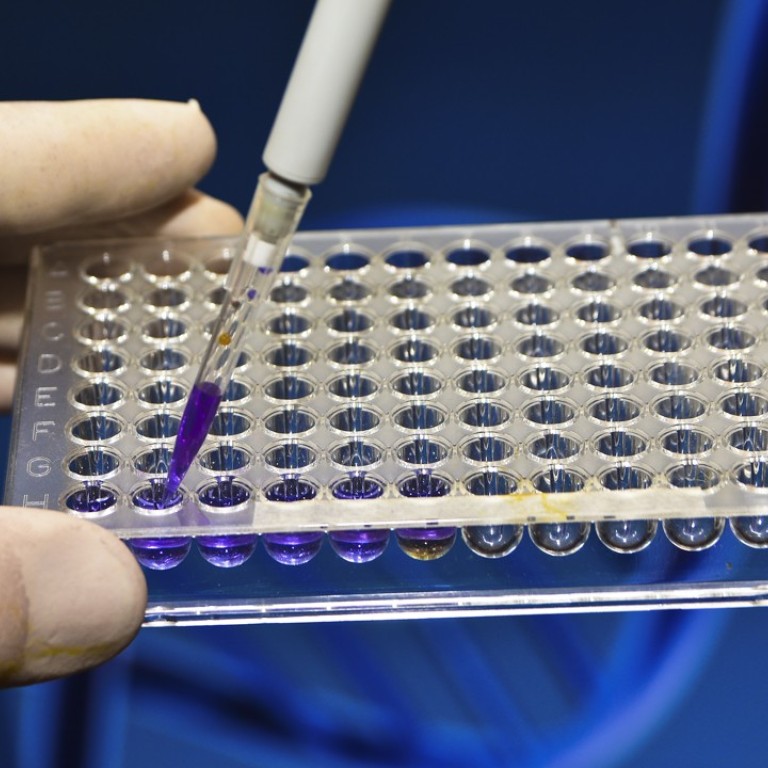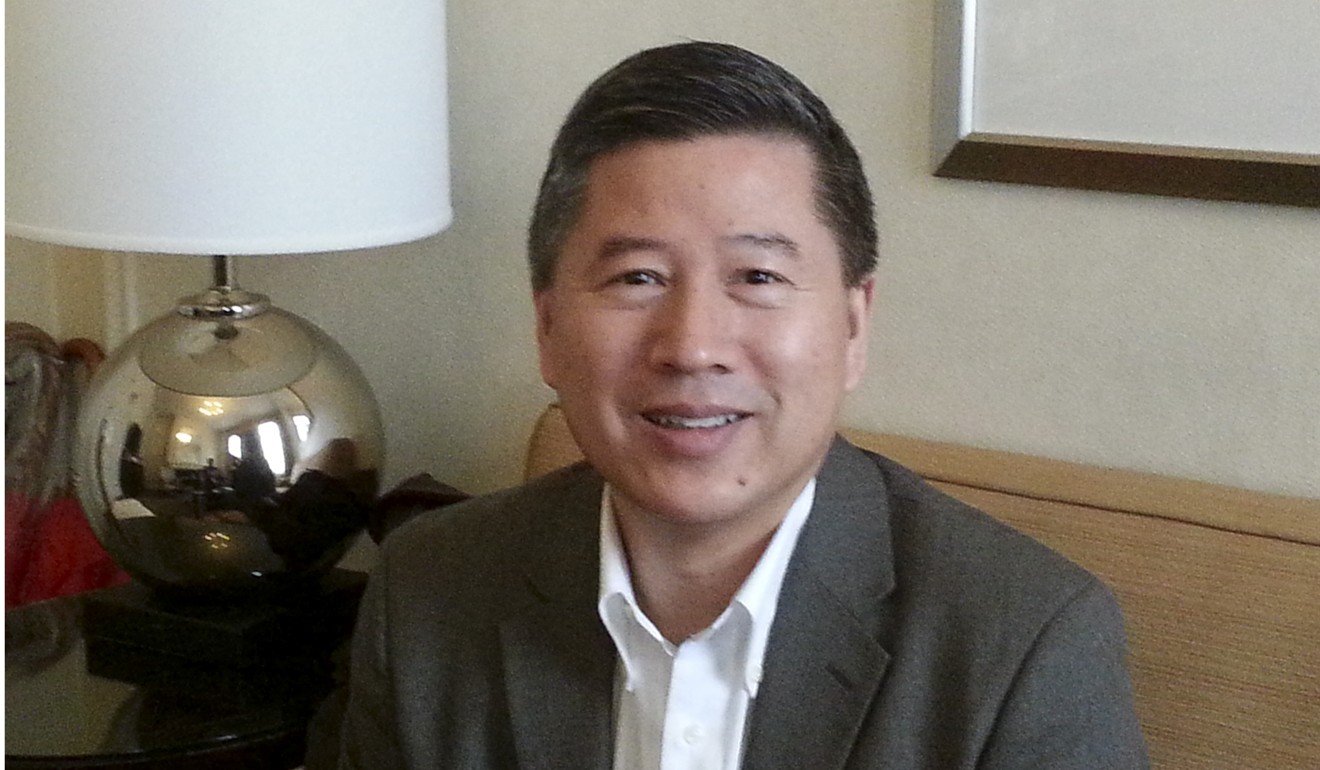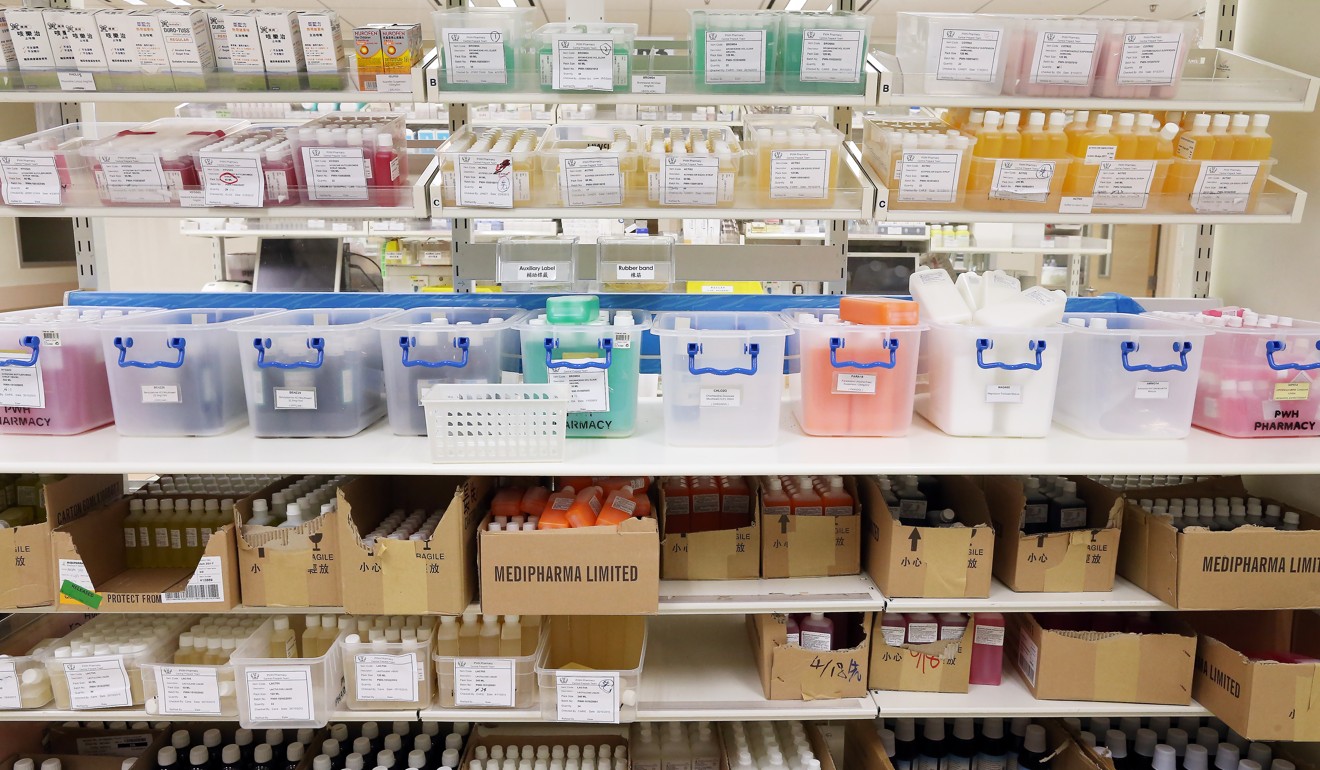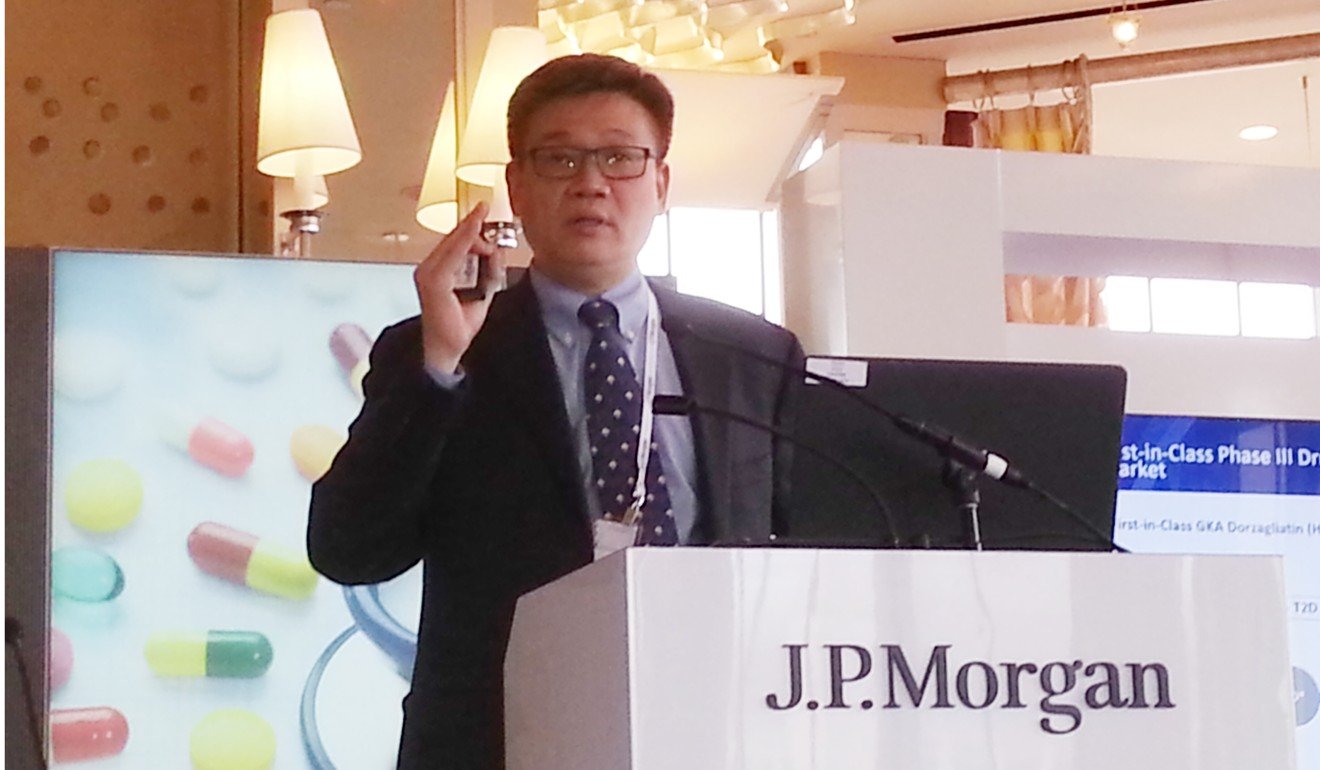
Fancy biotech stocks? Industry observers warn investors to temper exuberance with caution
Industry executives are upbeat about the prospects of China’s biotech sector, as Beijing has taken a slew of measures to speed up new drug approval and expect pharmaceutical sales to grow by 15pc from 2019 to 2021
Biotech stocks have the potential to excite and disappoint in equal measure, and investors new to the sector should tread carefully, say investment professionals.
Similar to early stage minerals and fossil fuel exploration firms without a profit track record, which are also allowed to list in Hong Kong under separate regulations and disclosure requirements to protect retail investors, biotech companies too are inherently risky.
Firms in both sectors have to pour major investment to fund specialists such as geologists and scientists over many years to develop drugs or resources without certainty of commercial success, before making any revenues.
It takes 10 to 15 years for a new drug to be brought to market from laboratory, according to Wu Jinzi, founder and chief executive of Chinese biotechnology firm Ascletis.
Patent owners’ rights to intellectual property typically last 14 years after they receive approval to launch their products upon satisfying regulators on their safety and efficacy.
While some of the development risks would have been reduced by the time biotech firms list in Hong Kong – at least one product must have passed the first phase of clinical trial with regulators’ approval to proceed to phase two – significant risks remain.

“Biotech investors are unique because the knowledge needed for investing in the sector is very different from the others,” said Brian Gu, chairman of Asia-Pacific investment banking at JP Morgan. “One needs to understand the risk of research and development, and biotech firms cannot be valued purely based on financial metrics. It will take years, not just a few deals, for people to go through the cycle to get the real experience and to make the right judgment calls.”
Biotech investors are unique because the knowledge needed for investing in the sector is very different from the others
If such words of caution are not sufficient for potential investors, a careful read of a biotech firm’s listing prospectus would definitely help drive home the message.
“Investment in biopharmaceutical product development is highly speculative because it entails substantial upfront capital expenditures and significant risk that a drug candidate will fail to gain regulatory approval or become commercially viable,” Shanghai-based drugs developer Zai Lab said in the prospectus before it listed in the US last September.
“We have incurred significant losses since our inception and anticipate that we will continue to incur losses in the future and may never achieve or maintain profitability.”
Still, in the past year investors have been excited about Chinese biotech stocks as well as less risky health care firms, such as off-patent generic drugs makers, hospitals operators, medical device makers and online medical consultation and drug distribution platform operators.

Some 54 Hong Kong-listed stocks in the health care sector tracked by ICBC International have gained 51 per cent from the start of last year to December 15, far outperforming the Hang Seng Index’s 31 per cent gain.
The best performer was Nanjing-based Genscript Biotech, a major provider of gene synthesis services that has expanded into cancer drugs research and development.
Its share price surged 276 per cent in the period tracked by the brokerage, followed by a 97 per cent gain in 3SBio, a drug developer and producer based in of Shenyang, northeast China.
Genscript shares have rocketed 19-fold from its initial public offering price two years ago.
Asked if the investors were being “over exuberant” on biotech drugs discovery, Qiming Venture Partners’ managing partner Nisa Leung Wing-yu said it appeared to be so anecdotally from her observation as a private equity investor.
China Food and Drug Administration’s major reform will lend huge policy support for the industry and help mobilise tremendous capital and talent
“It is not unusual for entrepreneurs at industry forums to be surrounded by 50 to 80 investors asking if they could invest in their firms after their speeches,” she told the JP Morgan Healthcare Conference in San Francisco last week.
“We have come across companies that have yet to file any new drug application but were seeking investment that would value them at US$400 million to US$500 million … we just had to walk away,” she added. “Ten years ago, nobody cared about health care, people were only interested in internet [firms].”
Still, industry executives said there were solid reasons to be positive on the outlook of China’s biotech sector.
China’s pharmaceutical market is projected to grow at an average rate of 15 per cent between next year and 2021, up from 14 per cent this year and 10 per cent last year, according to a forecast by Credit Suisse.
It will be driven by faster new drug approval made possible by streamlined regulatory procedures and the addition of new and more effective drugs to the approved list for public hospitals to get reimbursement under the state health care insurance scheme, Serena Shao, the bank’s head of China health care research, said in a recent report.

In the past two years, Beijing has announced a raft of initiatives to cut red tape for the drug discovery industry and incentivise innovation, as part of a wider health care reform that has also seen an overhaul of the downstream drug distribution market aimed at cutting costs and improving efficiency.
The initiatives include a notification system that has simplified procedures and shortened approval waiting time for companies that meet certain criteria to start clinical trials.
Beijing has also proposed to accept foreign clinical trial data as support for drugs marketing application in China, and compensate drug developers for the loss of patent duration because of delays caused by the clinical trial and drug review process.
“The difference between China’s pharmaceutical market and that of the US is that we almost have no innovative products as ours are pretty much all generic ones, whereas the foundation of the US industry is based on innovation,” said Chen Li, chief executive of diabetes drug developer Hua Medicine.
“China Food and Drug Administration’s major reform will lend huge policy support for the industry and help mobilise tremendous capital and talent.”

